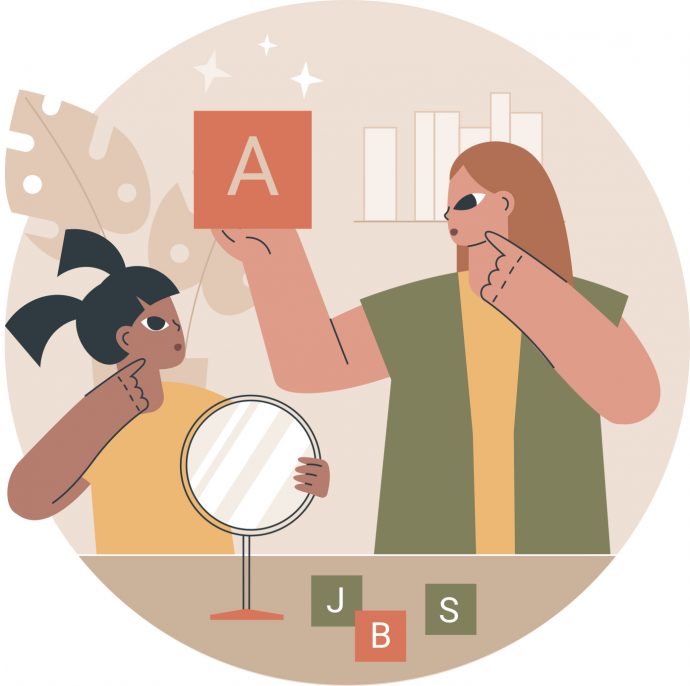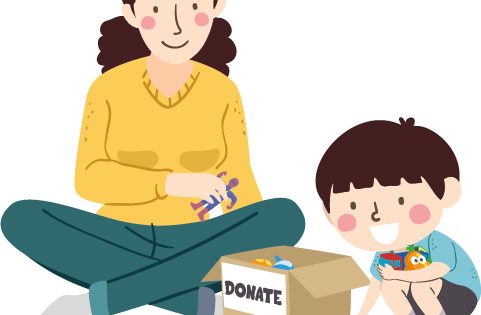Developmental Coordination Disorder (DCD) is a lifelong condition, which previously was known as “Dyspraxia”. It is a well-recognised neurodevelopmental disorder listed in both the Diagnostic and Statistical Manual of Mental Disorders (DSM).
A child with DCD may have difficulty in motor coordination, as well as organising, planning and executing tasks. Speech and language development is often affected and they often have difficulties with processing information. Nevertheless, DCD should not prevent your child from leading a healthy and happy life. If left unchecked, however, symptoms of DCD can lead to learning difficulties and low self-esteem in adolescence and adulthood.
So, how do you recognise if your child has DCD?
There are several signs, including a delay in achieving milestones (crawling, walking, etc.), having temper tantrums, and challenges with both gross and fine motor skills. Ask yourself: Does your child have difficulty dressing himself? Is he clumsy and often trips or knocks into objects or spills drinks? A child with DCD may experience challenges in:
- Learning
- Socialisation
- Play
- Daily living skills
- Planning and organising
A child with DCD may also have other conditions with overlapping symptoms such as ADHD, autism spectrum disorder, childhood apraxia of speech, dyscalculia, or dyslexia.
What can you do as a parent?
There is no one solution – instead you must tailor your methods to your child’s needs. You are also likely to need the assistance from a combination of healthcare experts including an occupational therapist, speech therapist, and educational or clinical psychologist.
At home you can encourage your child to participate in physical activity such as swimming, basketball, cycling (where enjoyment, rather than proficiency, is key), provide your child with clothing that is simple to put on and take off (e.g. T-shirts, drawstring pants, shoes with velcro), teach your child to improve his or her ability to plan and organise motor skills by incorporating simple daily tasks, such as setting the table or making a sandwich; and always recognise and reinforce your child’s strengths.
Remember that helping your child with DCD is going to take a lot of patience, planning, time and practice. Don’t expect to accomplish too much all at once, and remember to ask for help when you need it.
With early intervention, and the right therapies, your child can improve his/her organisational and motor skills, and live life to the fullest. Look out for online resources and communities that can assist you along the way, too. Good luck!







Comments